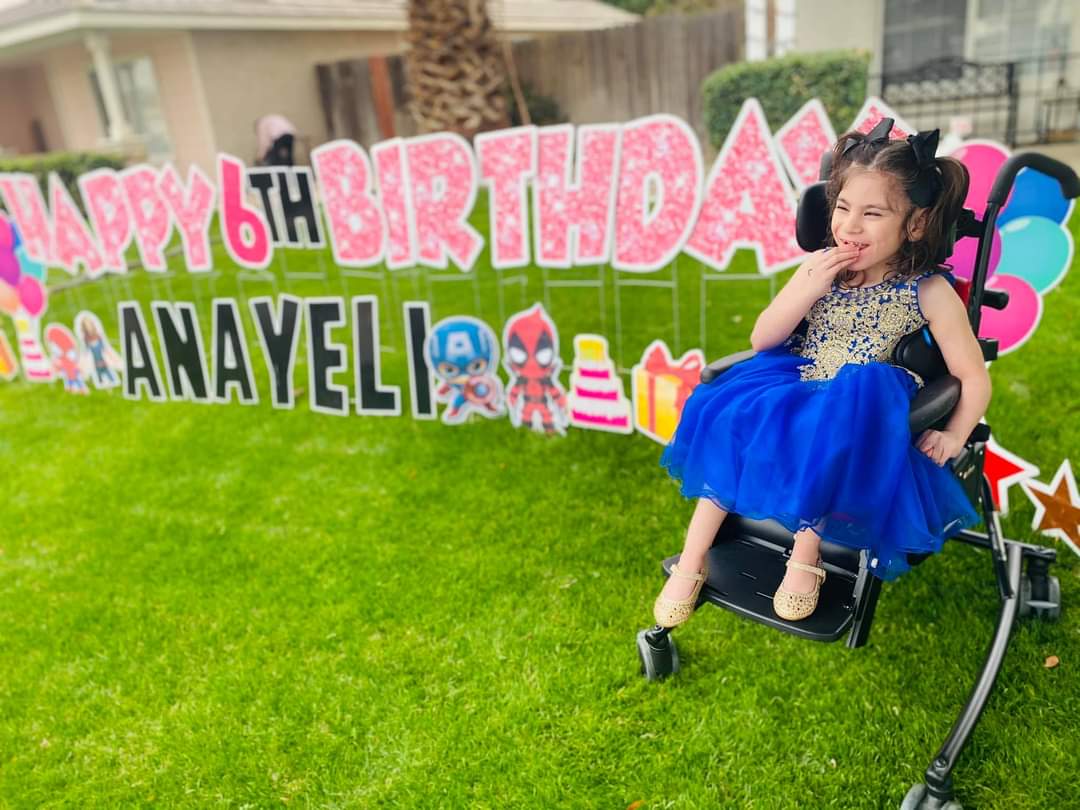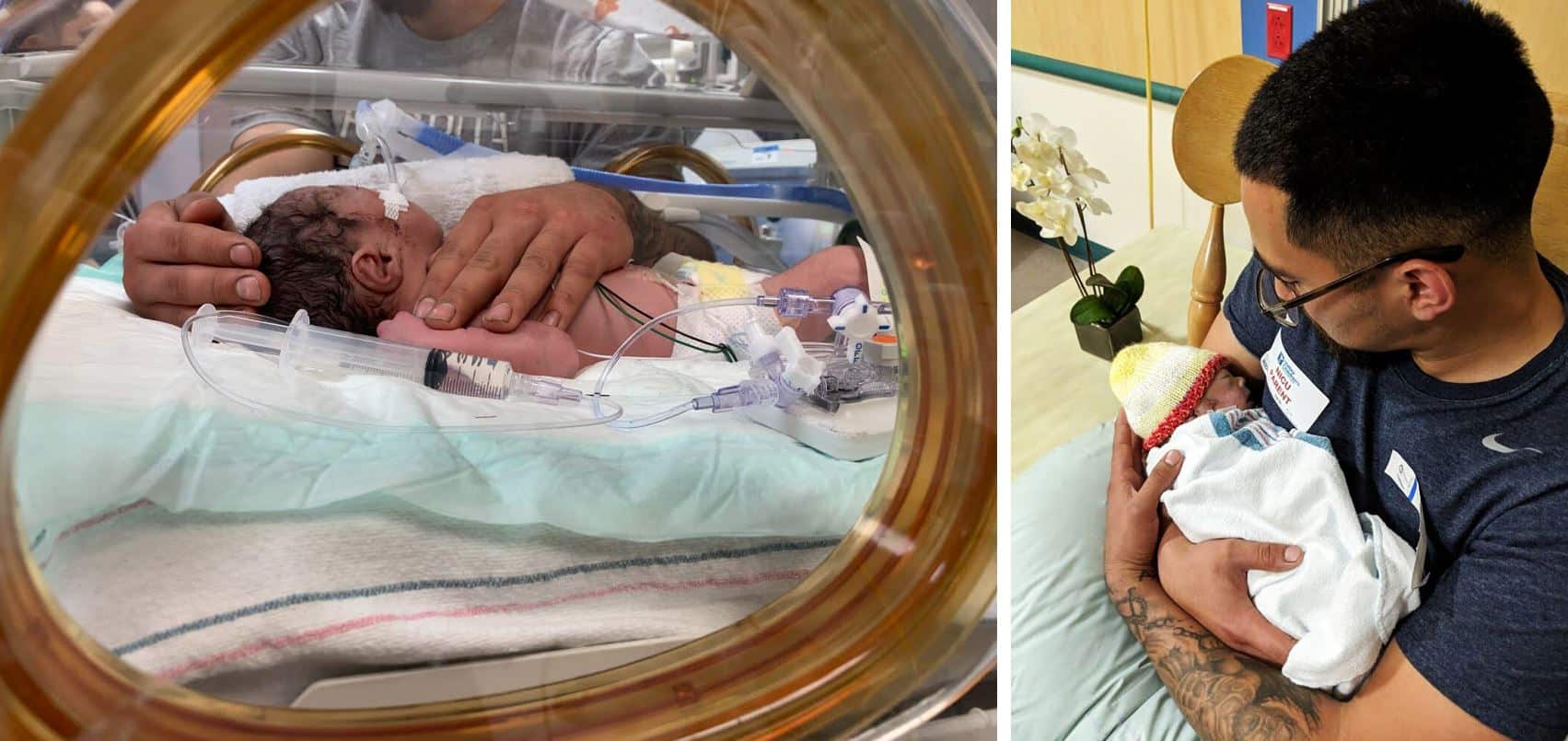Consumer Watchdog and a volunteer team of advocates attended and participated in last week’s Osteopathic Medical Board Quarterly meeting to testify on issues with the enforcement process, how the board does not provide equal rights for families, and the growing concern that this board is denying babies the right to an investigation of their death or lifelong harm.
We began following and engaging in Osteopathic Medical Board meetings over a year ago when the number of complaints that were brought to our attention increased significantly. The families’ experience revealed that the Board was refusing to investigate deaths and harm caused to babies and minors, especially in maternal health cases, and not follow California laws mandating it prioritize complaints involving deaths.
At the January Board meeting, I was joined by a strong team of advocates including Tracy Dominguez, Xavier De Leon, Monique Himes, and new advocates Selena Alvarez and Maria Ibarra-Navarrette. The Board gave a presentation on the enforcement process that was placed on the agenda after this team advocated for it last year. The presentation gave us the opportunity to bring reform priorities to this board (see our work at the Medical Board of California here) while also addressing glaring issues that are allowing Californians’ deaths and lifelong harm to go uninvestigated.

The issues we presented to the board included the board’s violation of Business & Professions Code Sec. 328 that requires the board to forward death and serious bodily injury complaints to investigation. Advocates testified about the enforcement staff’s unwillingness to accept new evidence from patients, such as investigation documents from Department of Public Health Statements of Deficiencies which directly support the consumer complaint. One mother, whose 8-year-old daughter is confined to a wheelchair and needs constant care, testified about the Board’s refusal to investigate the harm caused to her daughter because it happened before she was born. The Osteopathic Medical Board has a statute of limitations of 3 years from the time that they learn of a complaint or within 7 years after the alleged negligence occurred. One exception to the statute of limitations is granted to minor children when a minor is involved as a patient or victim, the statute of limitations is extended until the minor reaches adulthood. The board denied the child the right to an investigation, claiming she was a fetus, not a minor, when harmed. Read more about 8-year-old Anayeli Alvarez here.
Unfortunately, the Board has changed its public participation rules to severely restrict the public’s ability to engage with them. For the first time at this meeting, the board restricted public commenters to just 2 minutes per agenda item per person. They also capped every member of the public’s ability to comment to just 10 minutes total per agenda item – a limit that allows just 5 members of the public to engage with the board per agenda item. This is in stark contrast to unlimited public comment time at prior meetings and is lower than the 3 minutes per agenda item, and 40 minutes of total public comment on each agenda item, that the Medical Board of California provides for the public to comment. We urged that the public be allotted adequate time to engage with the Board.
California has the most licensed Doctors of Osteopathic Medicine or D. O’s than any state in the country. California has experienced a 50 % increase in its licensed D.O. populations since 2011, and about one in four medical students attends a college of osteopathic medicine. This is a growing field of medicine and the numbers of complaints from our volunteer advocacy team to this board increased significantly with a growing number of concerns due to the lack of accountability and transparency.
It was the first meeting of the Osteopathic Medical Board’s new Executive Director Erika Calderon. Calderon was one of the presenters leading the enforcement process presentation.
Following the meeting, Executive Director Calderon contacted me to discuss the issues our volunteer team presented to the board and has agreed to work with us to try to resolve some of these issues. Consumer Watchdog will continue to work with the Osteopathic Medical Board to ensure that the board follows the business and professions code and that families have rights in the enforcement process.



















































